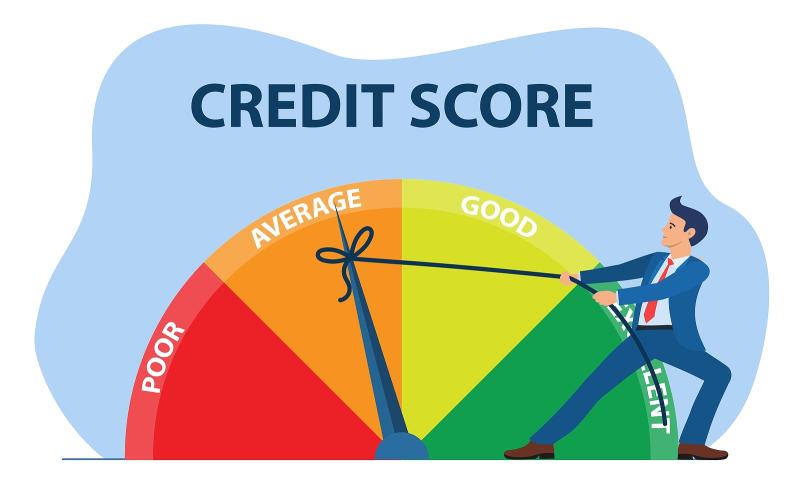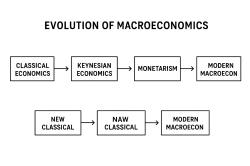Do prepaid credit cards affect your credit score?
Prepaid credit cards, also known as secured credit cards, do not impact your credit score in the same way as traditional credit cards. This is because prepaid cards are not a form of credit; instead, they are more like debit cards. Here are some insights into how prepaid credit cards affect credit scores:
No Credit Reporting:
- Typically, prepaid credit card issuers do not report your payment history or usage to credit bureaus. Since there is no extension of credit involved, your activities with a prepaid card are not included in your credit report, and therefore, they do not influence your credit score.
No Credit Check:
- Prepaid credit cards do not require a credit check when you apply for them. This is because you're essentially preloading your own money onto the card, so there is no risk for the issuer. As a result, obtaining a prepaid credit card does not have any impact on your credit score.
Building Credit:
- While prepaid cards themselves don't contribute to building your credit, some individuals use secured credit cards for that purpose. Secured credit cards require a security deposit, and the usage and payment history may be reported to credit bureaus. However, this is not the case with all prepaid cards.
Credit Repair:
- Some people use secured credit cards as a tool for credit repair. By responsibly using a secured card and making on-time payments, individuals may be able to demonstrate improved credit behavior over time. Again, this is not a feature of all prepaid cards.
Separation from Credit History:
- Since prepaid cards don't involve credit, they are not connected to your credit history. This means that negative actions, such as missed payments or defaults on a prepaid card, will not harm your credit score. On the flip side, positive actions won't help your credit score either.
It's important to note that if you are looking to build or repair your credit, you might want to consider a secured credit card rather than a traditional prepaid card. Secured credit cards are designed specifically for individuals with limited or poor credit, and responsible use of these cards can contribute to positive credit history.
Always read the terms and conditions of any financial product, including prepaid cards, and consider your financial goals before deciding which type of card is right for you. If you have questions about a specific prepaid card, it's advisable to contact the issuer for detailed information about how it operates and whether it reports to credit bureaus.
Do prepaid credit cards have any impact on an individual's credit score?
Generally, prepaid credit cards do not directly impact an individual's credit score. Unlike traditional credit cards, prepaid cards are not linked to a credit line or revolving credit account. Since there is no credit history associated with prepaid cards, their usage is not reported to credit bureaus, which are the entities responsible for maintaining credit scores.
How do different types of credit cards, including prepaid ones, affect credit scores?
Different types of credit cards can have varying impacts on an individual's credit score. Traditional credit cards, also known as revolving credit cards, are the most common type and have a significant influence on credit scores. Credit bureaus track the usage of these cards, including factors like payment history, credit utilization, and length of credit history. Positive credit card usage, such as making timely payments and maintaining low credit utilization, can contribute to a good credit score. Conversely, negative credit card behavior, such as late payments or high credit utilization, can negatively impact credit scores.
Secured credit cards are another type of credit card that can indirectly influence credit scores. These cards require a security deposit, which serves as collateral for the credit line. Secured credit card usage is reported to credit bureaus, and responsible usage can help establish or rebuild credit history, potentially improving credit scores.
Prepaid credit cards, as mentioned earlier, do not directly impact credit scores since their usage is not reported to credit bureaus. However, some prepaid credit card issuers offer the option to upgrade to a traditional credit card after a certain period of responsible prepaid card usage. If the upgraded card is used responsibly, it can then contribute to credit score development.
- What aspects of credit reporting agencies consider when evaluating an individual's credit score?
Credit reporting agencies, such as Experian, Equifax, and TransUnion, utilize various factors to determine an individual's credit score. These factors can be broadly categorized into five main areas:
Payment history: This is the most significant factor, accounting for about 35% of an individual's credit score. It reflects the timely repayment of credit obligations, such as credit card bills and loan payments.
Credit utilization: This refers to the percentage of available credit that is currently being used. A lower credit utilization ratio is generally considered more favorable for credit scores.
Length of credit history: This factor considers the duration of an individual's credit history, including the age of their oldest active credit account. A longer credit history generally indicates a more established credit profile.
Types of credit: The mix of credit accounts, such as revolving credit (credit cards) and installment credit (loans), can also influence credit scores. A diversified mix of credit types is often seen as a positive indicator.
New credit inquiries: Frequent credit inquiries within a short period can negatively impact credit scores. These inquiries are typically made when applying for new credit, such as a loan or credit card.
Understanding these factors and managing credit responsibly can help individuals maintain or improve their credit scores.













